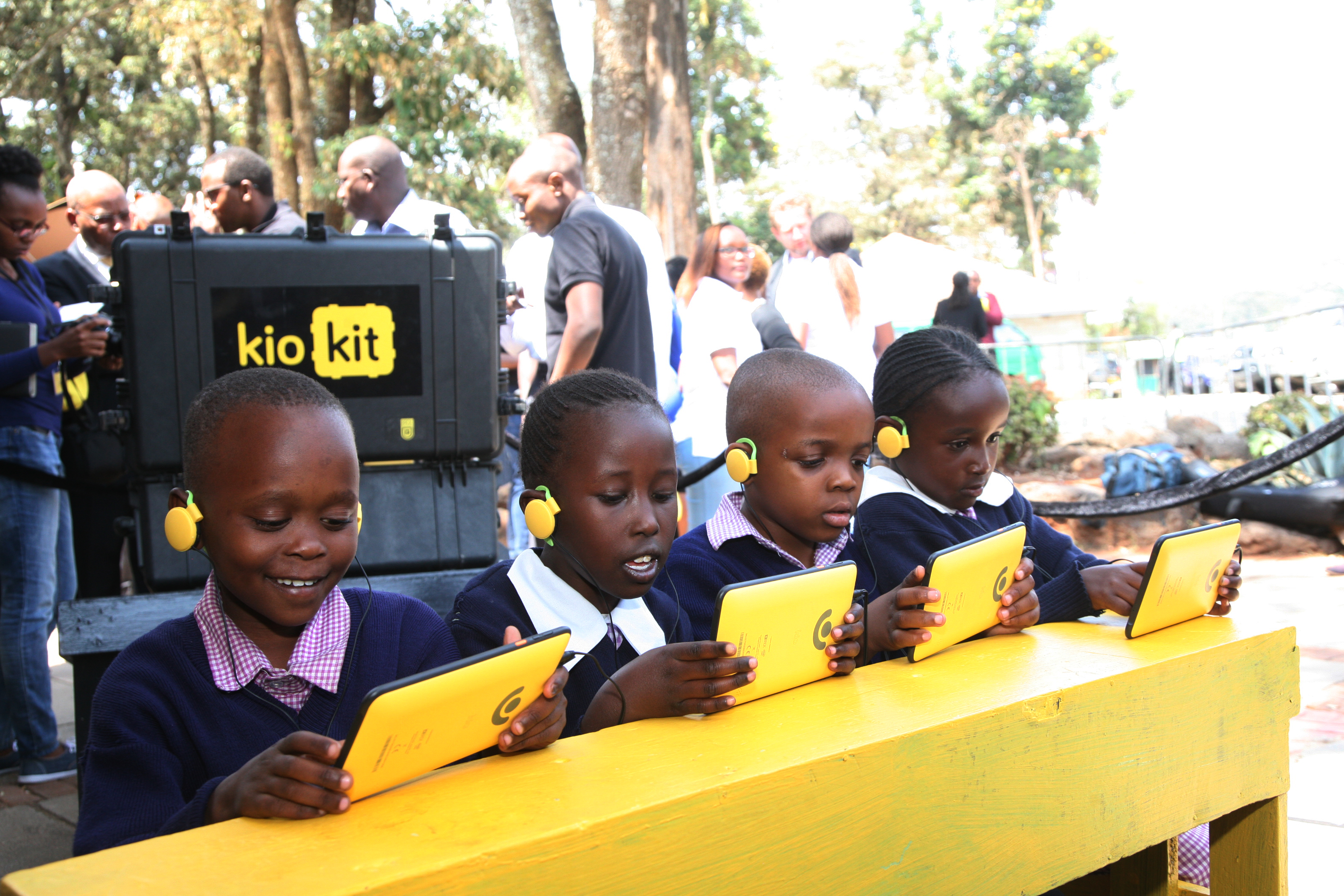The current government made pledges to the Kenyan people prior to the last general election held in 2013. One of the most notable promises in the Jubilee Government administration was its plan to give all Standard One pupils in all public schools access to laptop. The move was hailed by many, as it was set to introduce Kenyan to ICT at a very tender age.
Three years down the line, the Jubilee government that won the 2013 election because of the free laptop for all Standard One pupils is yet to live up to that promise. However, this may soon change as the government has set up a local competition for tech companies to apply to manage the government’s laptop and digital content project.
The Kenyan government has placed a grand prize of Ksh.17 billion ($160,963,650) for the techies that will emerge the winners of the competition. Although the competition is open for many tech companies, the odds seem to be strongly in favor of BRCK.
BRCK’s education wing recently launched a dust and waterproof inexpensive tablet, BRCK – Kio. The tablet was designed putting in mind the Standard One pupils need rugged devices that can work for longer hours with one charge. The BRCK – Kio tablet is said to run for up to 8 hours on a single charge. The President of Kenya in an entourage comprising of other government officials visited BRCK’s premises, and all were of the view that it is the likely winner of the laptop tender. BRCK is, however, required to pick other equally competent partners.
BRCK listed Kenyatta University (KU) and China-based Guangzhou Institute of Technology (GIT) as partners it would like to take on the project with.
Out of the three, GIT is a seasoned tech hardware producer with some admirable experience in the fields of ICT, Big Data, Robotics, and Software development. The firm is also well known for its world-class vocational and technical training; the fact that it has more than ten Chinese-Companies working outside China helps to tilt the scale in its favor.
The submission for the Expression of Interest for the Digital Literacy Program was opened on Sept 22nd at the ICT Authority offices. A total of 25 companies submitted their Expression of Interest Proposals for the Digital Literacy Program. The government will evaluate the proposal over the next 15 days since their submissions, and shortlisted companies will be invited to a technical and financial bidding process.
The government will look at the following criteria when evaluating the 25 companies for the Digital Literacy Program:
Legal existence of the company/consortium
Demonstrated work in research and development
Capacity in technology development
Financial base
Experience and skills in the technology field
Once the government has chosen a winner, the winner will have to procure all the necessary materials and begin delivering the laptops by January 2016. The first phase of the project is said to have a price tag of Ksh.17 billion and will deliver 1.2 million devices within two years to all public primary schools in Kenya.
The program will include developing five critical areas:
Capacity building for the teachers
Delivery of content for the devices
Power supply to the schools
Setting up of infrastructure and devices
Setting up local assemblies for sustainability
The government of Kenya seeks more than just making the future generation ICT-literate. It aims to develop ICT innovation skills among them, promote research and development, create jobs, and promote the local assembly of goods and services.



